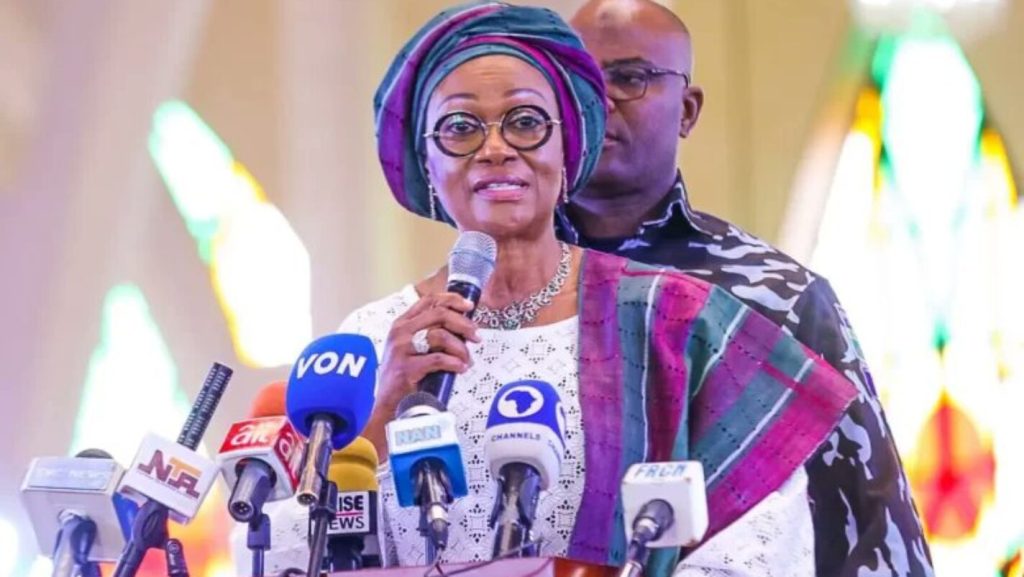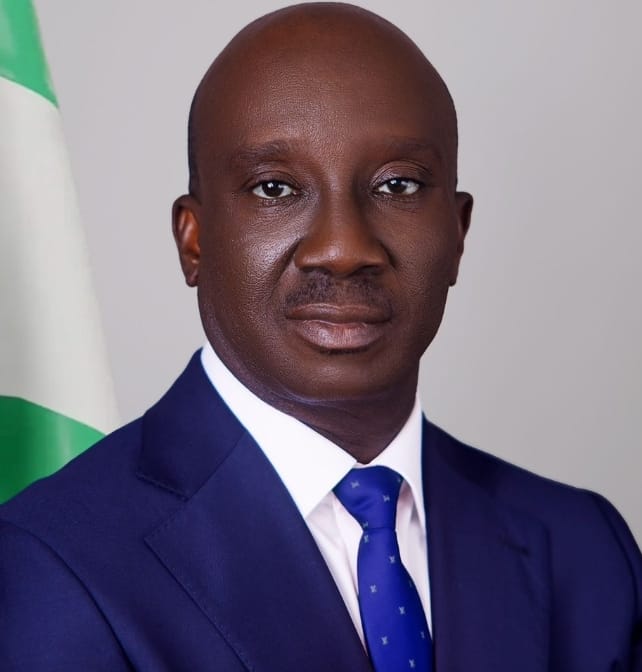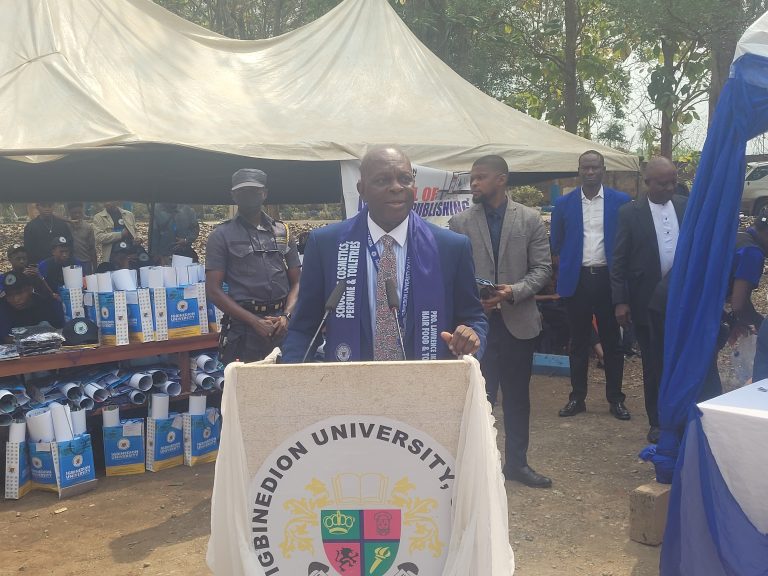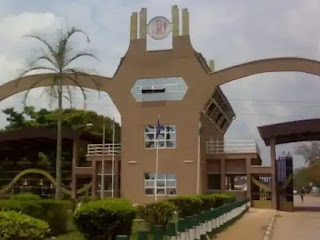
The First Lady, Senator Remi Tinubu, has described Tuberculosis (TB) as a national emergency that needs to be addressed urgently, considering that the disease is preventable and curable.
She pledged an additional sum of N1 billion from the Renewed Hope Initiative (RHI) towards the fight against Tuberculosis in Nigeria.
Mrs. Tinubu, who is both a National and Global TB Champion, had during the 2024 World TB Day donated N1 billion to boost the national TB response.
Speaking at the Community Outreach held at Sauka Community on Airport Road, Abuja, to mark the 2025 World TB Day yesterday in Abuja, Tinubu lamented that the statistics from the World Health Organization’s 2024 Global TB Report are alarming, as they show that one person dies of TB every seven minutes.
She said, “This means that, in the short time we will spend at this event, many more lives will be lost if we do not act swiftly and decisively.”
Tinubu regretted that despite TB being preventable and curable, Nigeria remains one of the top eight countries with the highest burden of TB worldwide.
She added, “It is unacceptable that so many of our brothers and sisters still suffer from this disease in silence due to stigma, lack of awareness, and the ignorance of not visiting a healthcare facility on time.”
The First Lady, who stated that TB is airborne and contagious, urged all Nigerians to get tested, know their TB status, and encourage their loved ones to do the same. “If you have a persistent cough for more than two weeks, do not ignore it but rather seek medical help immediately.”
She observed that the government has prioritized expanding TB testing and treatment centers across Nigeria, ensuring that TB treatment remains free and accessible to all, strengthening the community-based healthcare system to reach the most vulnerable populations, and enhancing funding and partnerships to scale up TB control programs.
Noting that the government cannot do this alone, Tinubu emphasized that ending TB by 2030 is a collective responsibility and stressed the need for traditional and religious leaders, legislators, healthcare workers, private sector organizations, community-based organizations (CBOs), and international partners to join forces to end the TB epidemic in Nigeria.
She said, “Today we are reminded of the devastating impact tuberculosis (TB) has on our communities, yet it is also a day of renewed hope, commitment, and action.
This year’s theme, ‘Yes! We Can End TB: Commit, Invest, and Deliver,’ with our local slogan ‘We Fit Do Am,’ is a call to action for all of us.
“As part of the Renewed Hope Agenda, President Bola Ahmed Tinubu is passionate about the health and well-being of Nigerians as essential pillars of development. The Federal Ministry of Health is fully committed to eradicating TB through strategic investments in diagnostics, treatment, and prevention. We are working to bridge the gap in TB detection and care on all fronts in Nigeria.
“As the Global and National Stop TB Champion, I reaffirm my commitment to addressing the scourge of TB in our nation. I will continue to advocate for increased funding and policy reforms to strengthen TB control efforts and mobilize resources and partnerships to support TB awareness and treatment programs. In addition, I will continue to amplify the voices of TB survivors, fight against stigma and discrimination, and ensure that women, children, and marginalized groups have equal access to TB care. I encourage every Nigerian to join in this fight. TB is curable, and early detection saves lives. Let us work together to remove the stigma surrounding TB, encourage testing, and support those affected.
“To our healthcare workers, volunteers, community, and religious leaders, your dedication is the backbone of this fight. I thank you. Yes, We Can End TB by 2030! We Fit Do Am! Together, let us make the dream of a TB-free Nigeria a reality.”
Remi Tinubu commended the Stop TB Partnership Nigeria, the National Tuberculosis and Leprosy Control Programme (NTBLCP), the Federal Ministry of Health and Social Welfare, and all the partners for their relentless efforts towards ending TB in Nigeria.
Also speaking, the Minister of State for Health and Social Welfare, Dr. Adekunle Salako, said that Tuberculosis remains a major public health challenge in Nigeria, which ranks first in Africa and sixth globally among high-burden TB countries.
He noted that in 2023, an estimated 499,000 Nigerians developed TB, primarily affecting the productive age group (25–44 years), leading to economic hardships, adding that the situation is worsened by stigma, poverty, malnutrition, overcrowded living conditions, and limited access to quality healthcare.
Salako stated that despite challenges, Nigeria has made significant progress in TB eradication through WHO-recommended strategies.
The minister observed that in 2024, the country recorded its highest-ever TB notification of over 400,000 cases, with a 79% detection rate. TB detection in children also improved, rising from 8,293 in 2018 to about 43,000 in 2024, marking a commendable achievement in the fight against TB.
He said, “Despite progress, a significant number of TB cases remain undetected, sustaining transmission within communities. Alarmingly, an untreated TB patient can infect 12–15 people annually. In line with the Nigeria Health Sector Renewal Investment Initiative – the strategic blueprint for the health sector – and the TB National Strategic Plan (NSP) 2021–2026, we have intensified efforts to further strengthen TB screening, diagnosis, treatment, and preventive services across the country.”
The minister said that World TB Day, observed globally on March 24th, serves as a platform to raise awareness about tuberculosis, highlight progress in its eradication, mobilize resources, and reinforce our commitment to ending TB in Nigeria.




